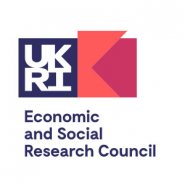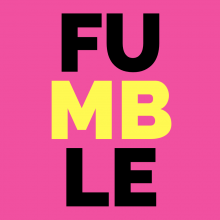
Transforming school cultures
Start date
July 2020End date
July 2021Project website
ViewOverview
This project involved a youth-led initiative to change the peer and school cultures and climates that underpin abusive and harmful practices and behaviours in schools.
As an embedded researcher in a Surrey secondary school in November 2018, Dr Emily Setty identified issues relating to bullying; social shaming, policing, judgement and division; gender and sexual inequalities; risky and harmful sexual and relational practices; and an over-arching ‘anti-snitch’ culture that inhibits reporting and positive models of bystander intervention.
This IAA project was awarded in order to generate change through formal interventions, education and informal mechanisms of peer-delivered/involved support and guidance. The aim was for the project to generate self-sustaining tools, resources, models and approaches that can be adopted by all schools in the UK.
Emily held workshops with staff from schools within the Surrey Local Education Authority, parents and young people, to take their insights and contributions at the beginning, middle and end of the project.
Team
Principal Investigator

Dr Emily Setty
Associate Professor in Criminology
Biography
I am an Associate Professor of Criminology, researching young people’s digital sexual cultures, online harms, and the evolving landscape of Relationships and Sex Education (RSE). My work explores how young people navigate consent, risk, and intimacy in digital contexts, and how education, policy, and practice can better support them. I regularly work on collaborative research and evaluation projects with organisations tackling sexual harms, digital ethics and young people's wellbeing.
Bringing together over a decade of research, I am leading efforts to "Reimagine RSE"—moving beyond risk-focused models to more inclusive, critically engaged and participatory approaches. This builds on my extensive collaborations with young people, educators, policymakers and frontline practitioners to co-design evidence-based interventions and educational resources.


Impact
Success was to be evidenced by an established high-quality set of resources (the online resource, toolkit, infographic and train-the-trainer model) which will be adaptable for use by other schools.
Through consulting with the School of Sexuality Education and Fumble, Emily hoped to understand how to empower staff to recognise their role in school cultures and climates, and how to generate change in staff attitudes and behaviours that contribute to harm.
The resulting toolkit was to include guidance on how to equip staff with the skills and attributes required to positively contribute to school cultures and climates, and to deliver meaningful Personal, Social, Health and Economic education (PSHE) and other forms of education and intervention.
Emily collaborated with expert consultants to ensure the solutions were impactful and widely applicable. The project also met wider ESRC strategic aims in terms of stakeholder engagement, co-design and ensuring that research meets the needs of society.
Impact Acceleration Account awarded projects
Our projects are all playing their part in turning social science research outcomes into meaningful impact that will touch our lives and communities.